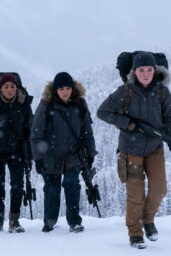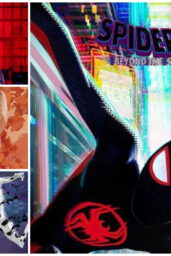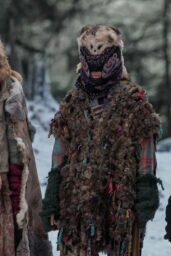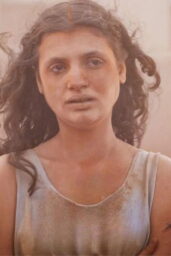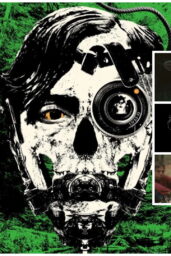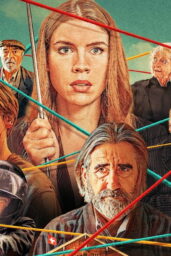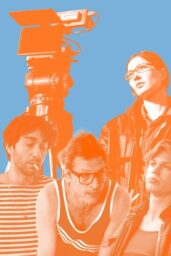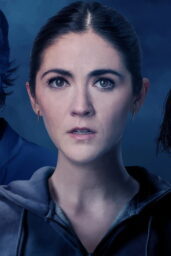Bong Joon Ho, the visionary director behind masterpieces like ‘Parasite' and ‘Snowpiercer,' returns with ‘Mickey 17,' a sci-fi black comedy starring Robert Pattinson. The film delves into themes of cloning, identity, and colonization, offering a narrative that's both thought-provoking and darkly humorous. However, its reception has been a mixed bag, with critics and audiences divided over its execution.
Set in 2054, ‘Mickey 17' follows Mickey Barnes, portrayed by Pattinson, an ‘Expendable' on a mission to colonize the icy planet of Niflheim. Tasked with dangerous assignments due to his disposable nature, Mickey's seventeenth iteration survives a perilous incident, only to find that he's been replaced by a new clone, Mickey 18. This unexpected encounter between the two clones sets the stage for a satirical exploration of self-worth, corporate exploitation, and the essence of individuality.
The film holds a 79% approval rating on Rotten Tomatoes and a score of 72 on Metacritic, indicating generally favorable reviews. Robbie Collin of The Daily Telegraph awarded it 4 out of 5 stars, noting the film's unpredictable genre shifts and Bong's signature storytelling style. Conversely, some critics feel that while the film is entertaining, it doesn't quite reach the heights of Bong's previous works like ‘Parasite.'
‘Mickey 17' debuted at the top of the North American box office, earning $19.1 million in its opening weekend. Internationally, it garnered an additional $34.2 million, bringing its worldwide total to $53.3 million. Despite these numbers, the film faces challenges in recouping its $118 million production budget, especially when considering additional marketing expenses.
Robert Pattinson takes on the dual role of Mickey 17 and Mickey 18, delivering performances that highlight the nuanced differences between the two clones. Naomi Ackie plays Nasha Barridge, a security agent and Mickey's love interest, while Steven Yeun portrays Timo, Mickey's childhood friend and pilot. Mark Ruffalo steps into the shoes of Kenneth Marshall, an egomaniacal politician with ulterior motives, and Toni Collette plays Ylfa, Marshall's controlling wife.
The film delves into the doppelgänger subgenre, exploring the complexities of identity and the ethical implications of cloning. Mickey's interactions with his clone raise questions about individuality, self-preservation, and the moral boundaries of scientific advancement. This narrative choice aligns ‘Mickey 17' with other notable doppelgänger films like ‘Enemy' and ‘Moon,' offering audiences a blend of psychological intrigue and sci-fi elements.
Cinematographer Darius Khondji crafts monochromatic, noir-ish frames that are both grand and intimate, reminiscent of early Terry Gilliam works. Bong's meticulous attention to visual storytelling ensures that each shot is carefully composed, enhancing the film's thematic depth and overall aesthetic.
‘Mickey 17' showcases Bong Joon Ho's ambition to blend genres and challenge cinematic norms. Robert Pattinson's portrayal of dual characters adds depth to the narrative, and the film's visual aesthetics are undeniably striking. However, the film's rambling narrative and tonal inconsistencies may deter some viewers. While it doesn't surpass the brilliance of ‘Parasite,' ‘Mickey 17' remains a noteworthy addition to Bong's filmography, offering a unique perspective on identity and existence.
Do you believe ‘Mickey 17's' exploration of cloning and identity resonates with contemporary societal issues? Share your thoughts in the comments below.


